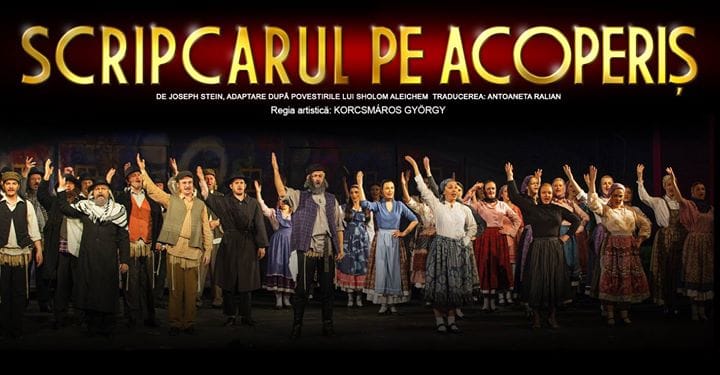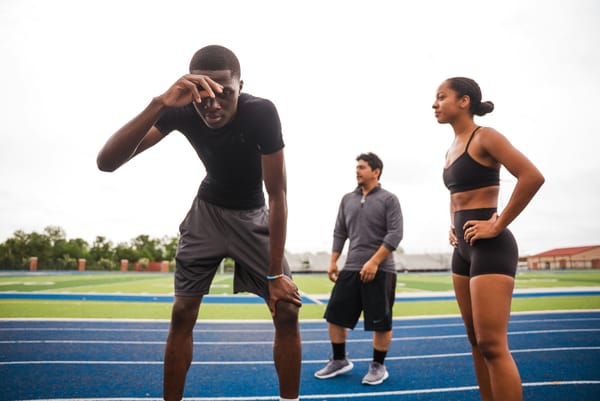Fiddler on the Roof

The last time I went to the theater was sometime in elementary school. I think it might have been The Lion King, but I'm not sure. I definitely don't remember anything that happened on stage. I vaguely remember the chairs and some of my classmates.
But about a month ago, my wife told me that the theater from Oradea will be doing The Fiddler on the Roof and that they still have tickets. She was going to have an exam that day, so what better way to relax than to go to the theater?
I have seen the movie twice and I really liked it. It's possibly the only musical I have liked so far (this and the Scrubs musical episode). I mean, who, except for billionaires, doesn't like the song "If I were a rich man"?
The theater group from Oradea has been playing this play for at least 5 years and they have even done tours. They are pretty well known and have a good reputation. And at least, based on my completely theater-naive appreciation, they deserve it. The cast did a really good job. Especially Tevye, who has to combine several subtle personality aspects, from the strict father, to the village joker, who battles a quickly changing world.
Despite having seen the movie, I never "got it". I never understood the title of the movie. I knew that there was an actual fiddler on the roof sometimes in the movie, but I never understood why and what he represented. But within 5 minutes of the start of this play, the whole thing with the "Tradition" hit me and it clicked in my brain. I realized how the traditions are a survival mechanisms for societies, at the potential expense of the individual (happiness). It might be better to have arranged marriages, in the sense of perpetuating a society, but it will lead to many unhappy marriages. However, if people are too unhappy, they might not play along, so the whole thing unravels. So traditions are a way of balancing the long term survival of the population and the short term benefits of the individual.
Another thing that struck me was Tevye's religious experience. He misquotes Scripture so much that it becomes the butt of many jokes. He clearly doesn't know them very well, but he wishes to have more time to study them (as he sings he would do if he were rich). But all this doesn't stop Tevye from having a personal relationship with God. He seeks God "daily" and talks to Him, tells Him his hardships and he has a genuine expectation that God would answer him - and indeed, sometimes he does seem to be struck by divine inspiration.
The relationship between the Russians and the Jews is very interesting. The first time they interact is at the local tavern, where the Tevye is celebrating the fact that Lazar Wolf will marry his daughter. The russians join in on the merrymaking and they all end up dancing together. Tevye even seems to have a good relationship with the police officer. But slowly, things degrade between the two. A pogram, called "a small manifestation" comes to town and the same russians who danced with Tevye now ruin his daughter's wedding. And of course, at the end of the play, when the Jews are being kicked out of the village, nobody has any qualms about taking over their homes.
Seeing this play confirmed what I have started to realize lately, that narratives are a very powerful medium of transmitting messages, much more so than a bland, "scientific" text. You could read about the Pogroms, but it won't have as big of an impact on you as watching a play about it would have.
Once again, I'm super impressed by the Oradea Theater actors and I can't wait to go see more shows with my wife, both here and in other places.


